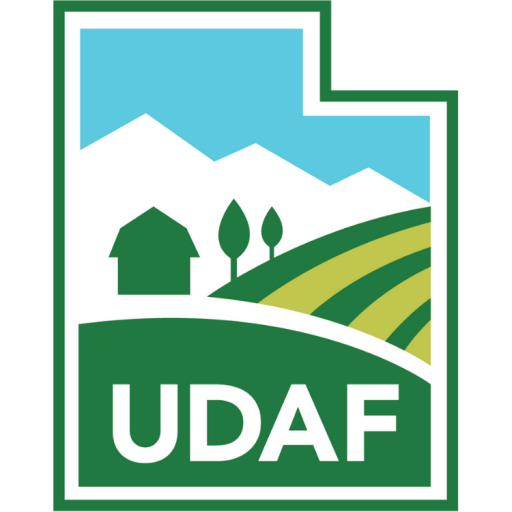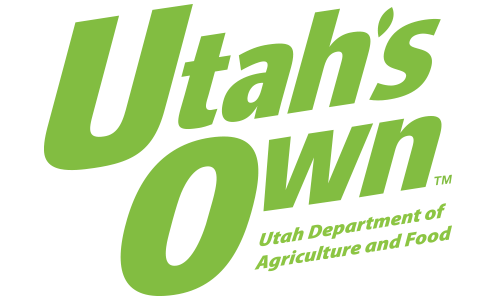Horse Owners Urged to Practice Increased Biosecurity
(Salt Lake City) State veterinarian officials have confirmed Utah’s first case of Equine Herpesvirus-1 (EHV-1) this year. A Weber County horse tested positive this week and has been quarantined. Prior to diagnosis, other horses on the farm of origin were isolated from the affected horse and are being monitored for signs of illness.
It is not known where this horse contracted the disease but it did compete at barrel racing events on October 2 and October 5 at the Weber County Fairgrounds. Any horses attending these events are considered potentially exposed and close monitoring, including twice-daily temperature readings, is advised. Horses that develop a fever or show neurological signs should be isolated immediately, and owners should contact their veterinarian for advice and treatment options.
“We’re advising horse owners who have plans to attend events and competitions this season to practice diligent biosecurity,” said Dr. Chelsea Crawford, assistant state veterinarian. “Limit or avoid horse-to-horse contact and use of shared communal water sources as much as possible, and disinfect shared equipment in between horses.”
While there are multiple forms of disease caused by equine herpesvirus, neurologic EHV-1, also called Equine Herpesvirus Myeloencephalopathy (EHM), is the most concerning. Signs of EHM include fever, decreased coordination, urine dribbling, loss of tail tone, hind limb weakness, leaning against objects to find balance, lethargy and inability to rise.
There is no treatment for EHM, but supportive care may aid an affected horse’s recovery. The vaccines for EHV-1 only protect against respiratory and abortion forms of the disease, not the neurologic form. They may, however, reduce the severity of the disease and spread of the virus.
More information about EHM and biosecurity recommendations can be found here:
Utah Department of Agriculture and Food – EHM Brochure
American Association of Equine Practitioners – FAQ: Equine Herpesvirus (EHV)
US Department of Agriculture – Equine Herpesvirus (EHV)





